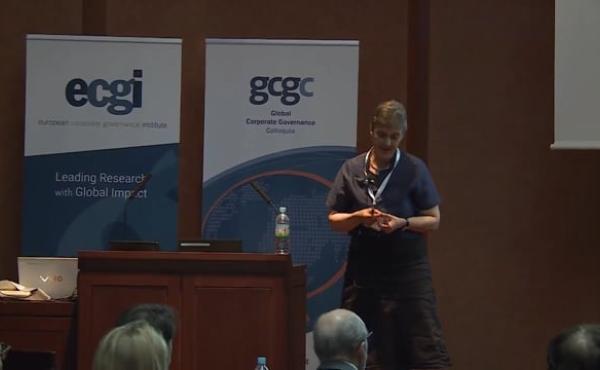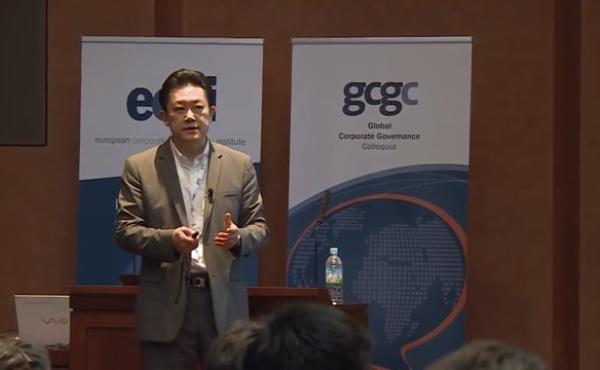Managers’ Personal Bankruptcy Costs and Risk-Taking
Exploiting a bankruptcy reform in Korea, I examine how managers’ personal bankruptcy costs affect firms’ financing and investment decisions. Under the pre-reform auction system, incumbent management was forced to resign and the firm was auctioned to new investors. Under the post-reform management stay system, incumbent management stays in control of the firm during bankruptcy proceedings. I find that firms curb risk- taking under the auction system, when bankruptcy states are costlier for managers. Specifically, firms take on lower leverage, forego risky investment projects, and engage less in innovation under the auction regime. The effects are stronger for firms where private benefits of control are large and when managers’ wealth is more concentrated in the firm.








